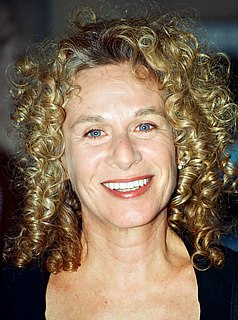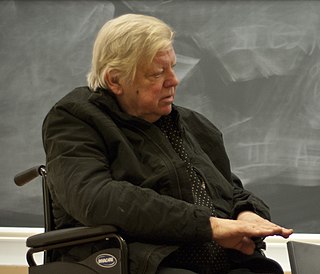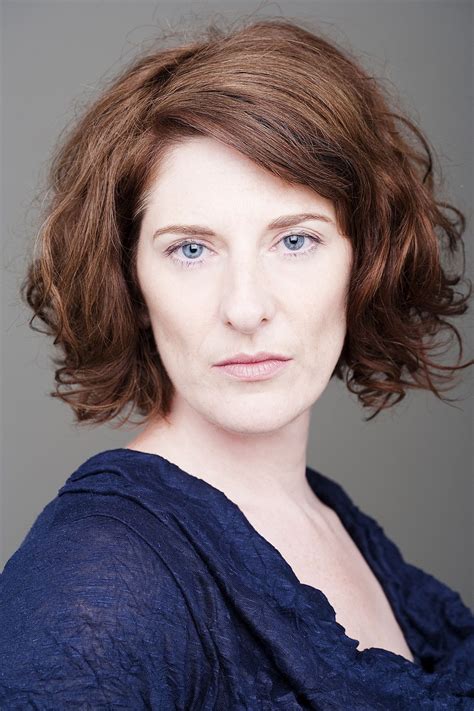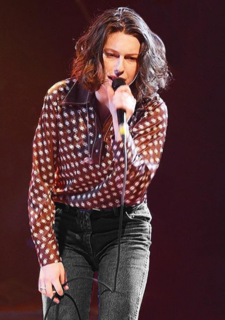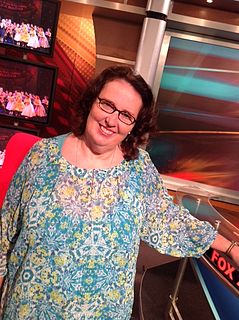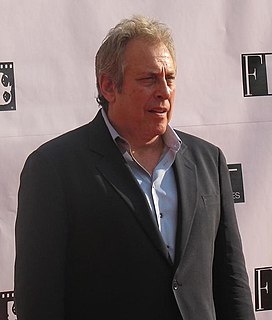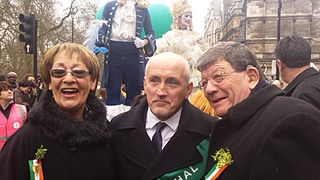A Quote by Todd Haynes
I came to this project and 'Far from Heaven' from completely different vantage points. 'Heaven' was of course about the Douglas Sirk films of that period, with the very specific cinematic language and style of melodrama. With 'Carol,' it was presented to me already packaged, with Cate Blanchett attached and Phyllis Nagy's script complete - when it came to me it had a long history and pre-history.
Related Quotes
I can't honestly say where the inspiration for my work came from. I think it came from reading. It came from texts, from Nietzsche, Schopenhauer, it came from, you know, Jean-Paul Sartre. These are the ideas that got me worked up and inspired. It wasn't so much the visual things that inspired me. Although, of course, there were plenty of painters in history that I admired all the way from Brueghel to Goya, to Picasso - because everything visual stimulates me.
According to the bible, Heaven is completely perfect and Hell is completely evil. In Heaven, in order to keep everything completely perfect, everyone in it would have to follow a long, specific set of rules for it to be perfect. Heaven is prison. In Hell, everyone is already evil there, so no rules need to be set to make it completely evil. Hell is freedom.
I came from advertising. For me it's about protecting the director's vision. That's always the goal. There's keeping things on budget and on time and dealing with selling the movie so that to me is a focus. But also it's about serving the script. We are genre filmmakers, those are the films we love to make, so my perspective is a little different.
When one is the type of writer who cares about the meaning of the historically specific setting, the history itself is not something that I would call backdrop. It's not window dressing for a timeless relationship about love and betrayal. For me, the setting and the specific history are active co-agents with me in trying to form the novel.
When the Spirit came to Moses, the plagues came upon Egypt, and he had power to destroy men's lives; when the Spirit came upon Elijah, fire came down from heaven; when the Spirit came upon Gideon, no man could stand before him; and when it came upon Joshua, he moved around the city of Jericho and the whole city fell into his hands; but when the Spirit came upon the Son of Man, He gave His life; He healed the broken-hearted.
Of course there are many films about the period of Fascism itself but I don't know of any about that period beforehand. But it wasn't that specific fact that they weren't there that got me to think about this in the first place. It's not what led to the basic idea for the film, although it became apparent when I began to think about it.


